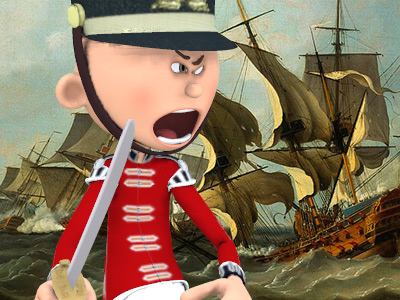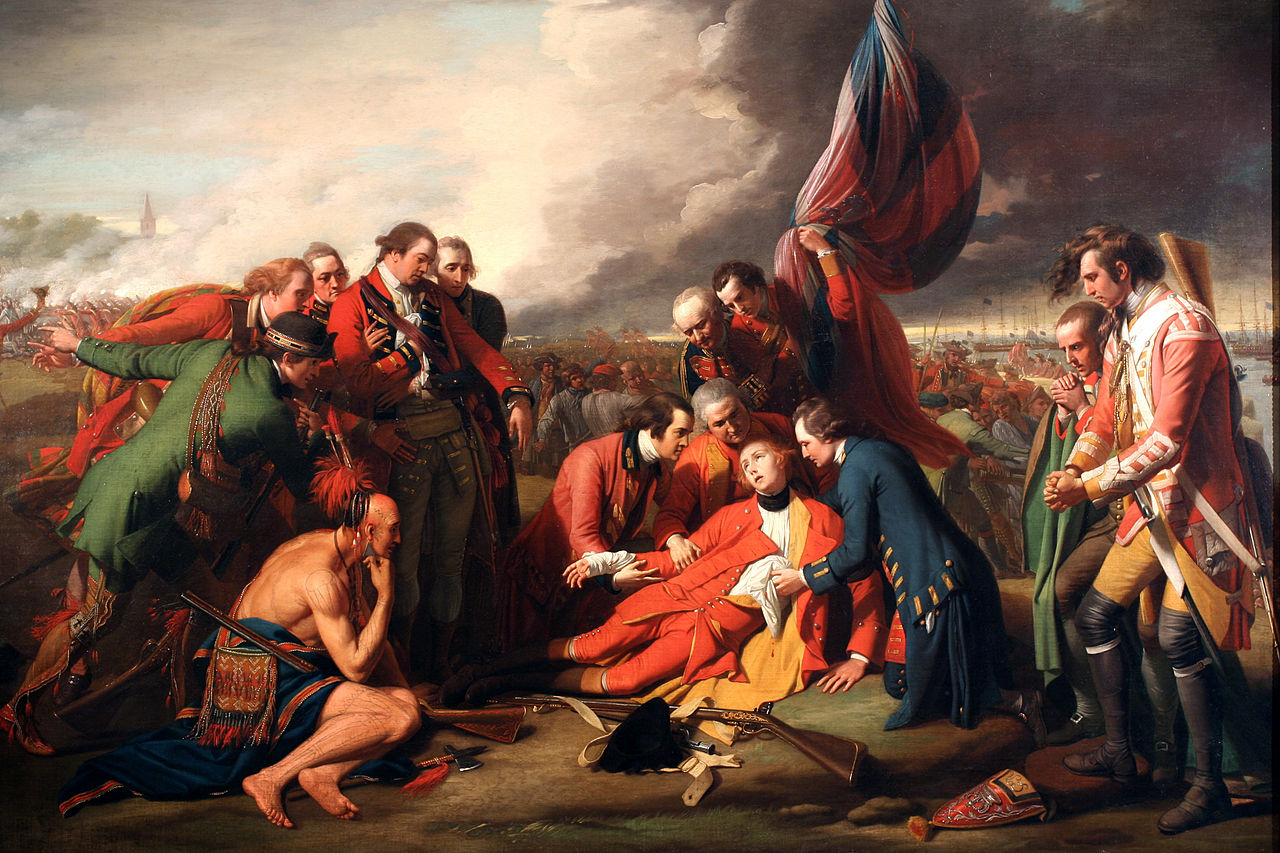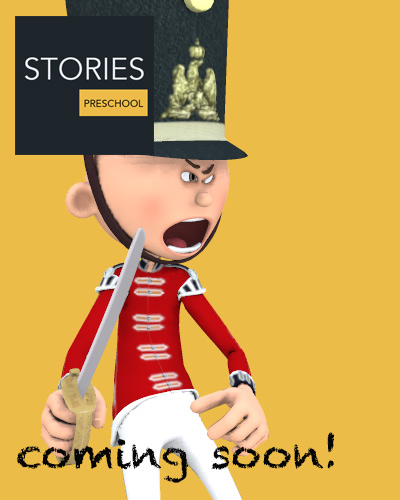Seven Years' War (1756-1763)
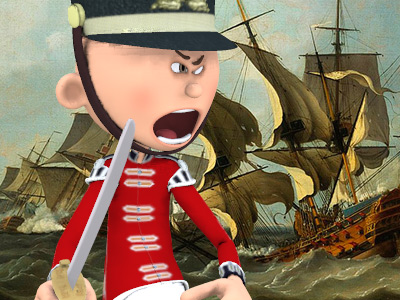
Europe 1763
By 1763, the war in central Europe was essentially a stalemate between Prussia and Austria. Prussia had retaken all of Silesia from the Austrians, and after Frederick's 1762 victory at the Battle of Burkersdorf he held most of Saxony but not its capital, Dresden. His financial situation was not dire, but his kingdom was devastated and his army severely weakened. His manpower had dramatically decreased, and he had lost so many effective officers and generals that an offensive against Dresden seemed impossible. British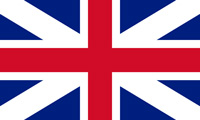 The Kingdom of Great Britain was a sovereign country in Western Europe from 1 May 1707 to the end of 31 December 1800. The state was created by the 1706 Treaty of Union and ratified by the Acts of Union 1707, which united the kingdoms of England (which included Wales) and Scotland to form a single kingdom encompassing the whole island of Great Britain and its outlying islands, with the exception of the Isle of Man and the Channel Islands. subsidies had been stopped by the new prime minister, Lord Bute, and the Russian emperor had been overthrown by his wife, Catherine, who ended Russia's alliance with Prussia
The Kingdom of Great Britain was a sovereign country in Western Europe from 1 May 1707 to the end of 31 December 1800. The state was created by the 1706 Treaty of Union and ratified by the Acts of Union 1707, which united the kingdoms of England (which included Wales) and Scotland to form a single kingdom encompassing the whole island of Great Britain and its outlying islands, with the exception of the Isle of Man and the Channel Islands. subsidies had been stopped by the new prime minister, Lord Bute, and the Russian emperor had been overthrown by his wife, Catherine, who ended Russia's alliance with Prussia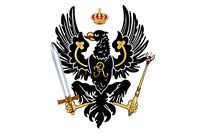 The Kingdom of Prussia was a German kingdom that constituted the state of Prussia between 1701 and 1918. It was the driving force behind the unification of Germany in 1871 and was the leading state of the German Empire until its dissolution in 1918. Although it took its name from the region called Prussia, it was based in the Margraviate of Brandenburg. Its capital was Berlin. and withdrew from the war. Austria
The Kingdom of Prussia was a German kingdom that constituted the state of Prussia between 1701 and 1918. It was the driving force behind the unification of Germany in 1871 and was the leading state of the German Empire until its dissolution in 1918. Although it took its name from the region called Prussia, it was based in the Margraviate of Brandenburg. Its capital was Berlin. and withdrew from the war. Austria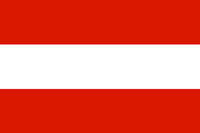 The Archduchy of Austria was a major principality of the Holy Roman Empire and the nucleus of the Habsburg monarchy. With its capital at Vienna, the archduchy was centered at the Empire's southeastern periphery. The archduchy's history as an imperial state ended with the dissolution of the Holy Roman Empire in 1806. It was replaced with the Lower and Upper Austria crown lands of the Austrian Empire., however, like most participants, was facing a severe financial crisis and had to decrease the size of its army, something which greatly affected its offensive power. Indeed, after having effectively sustained a long war, its administration was in disarray. By that time, it still held Dresden, the southeastern parts of Saxony, and the county of Glatz in southern Silesia, but the prospect of victory was dim without Russian
The Archduchy of Austria was a major principality of the Holy Roman Empire and the nucleus of the Habsburg monarchy. With its capital at Vienna, the archduchy was centered at the Empire's southeastern periphery. The archduchy's history as an imperial state ended with the dissolution of the Holy Roman Empire in 1806. It was replaced with the Lower and Upper Austria crown lands of the Austrian Empire., however, like most participants, was facing a severe financial crisis and had to decrease the size of its army, something which greatly affected its offensive power. Indeed, after having effectively sustained a long war, its administration was in disarray. By that time, it still held Dresden, the southeastern parts of Saxony, and the county of Glatz in southern Silesia, but the prospect of victory was dim without Russian Russian Empire was an empire and the final period of the Russian monarchy from 1721 to 1917, ruling across large parts of Eurasia. The rise of the Russian Empire coincided with the decline of neighbouring rival powers: the Swedish Empire, the Polish–Lithuanian Commonwealth, Qajar Iran, the Ottoman Empire, and Qing China. Russia remains the third-largest empire in history, surpassed only by the British Empire and the Mongol Empire. support and Maria Theresa had largely given up her hopes of re-conquering Silesia. In 1763 a peace settlement was reached at the Treaty of Hubertusburg, in which Glatz was returned to Prussia in exchange for the Prussian evacuation of Saxony. This ended the war in central Europe.
Russian Empire was an empire and the final period of the Russian monarchy from 1721 to 1917, ruling across large parts of Eurasia. The rise of the Russian Empire coincided with the decline of neighbouring rival powers: the Swedish Empire, the Polish–Lithuanian Commonwealth, Qajar Iran, the Ottoman Empire, and Qing China. Russia remains the third-largest empire in history, surpassed only by the British Empire and the Mongol Empire. support and Maria Theresa had largely given up her hopes of re-conquering Silesia. In 1763 a peace settlement was reached at the Treaty of Hubertusburg, in which Glatz was returned to Prussia in exchange for the Prussian evacuation of Saxony. This ended the war in central Europe.
HISTORY
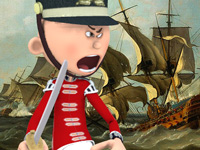
RESOURCES
This article uses material from the Wikipedia article "Seven Years' War", which is released under the Creative Commons Attribution-Share-Alike License 3.0.
© Stories Preschool. All Rights Reserved.
